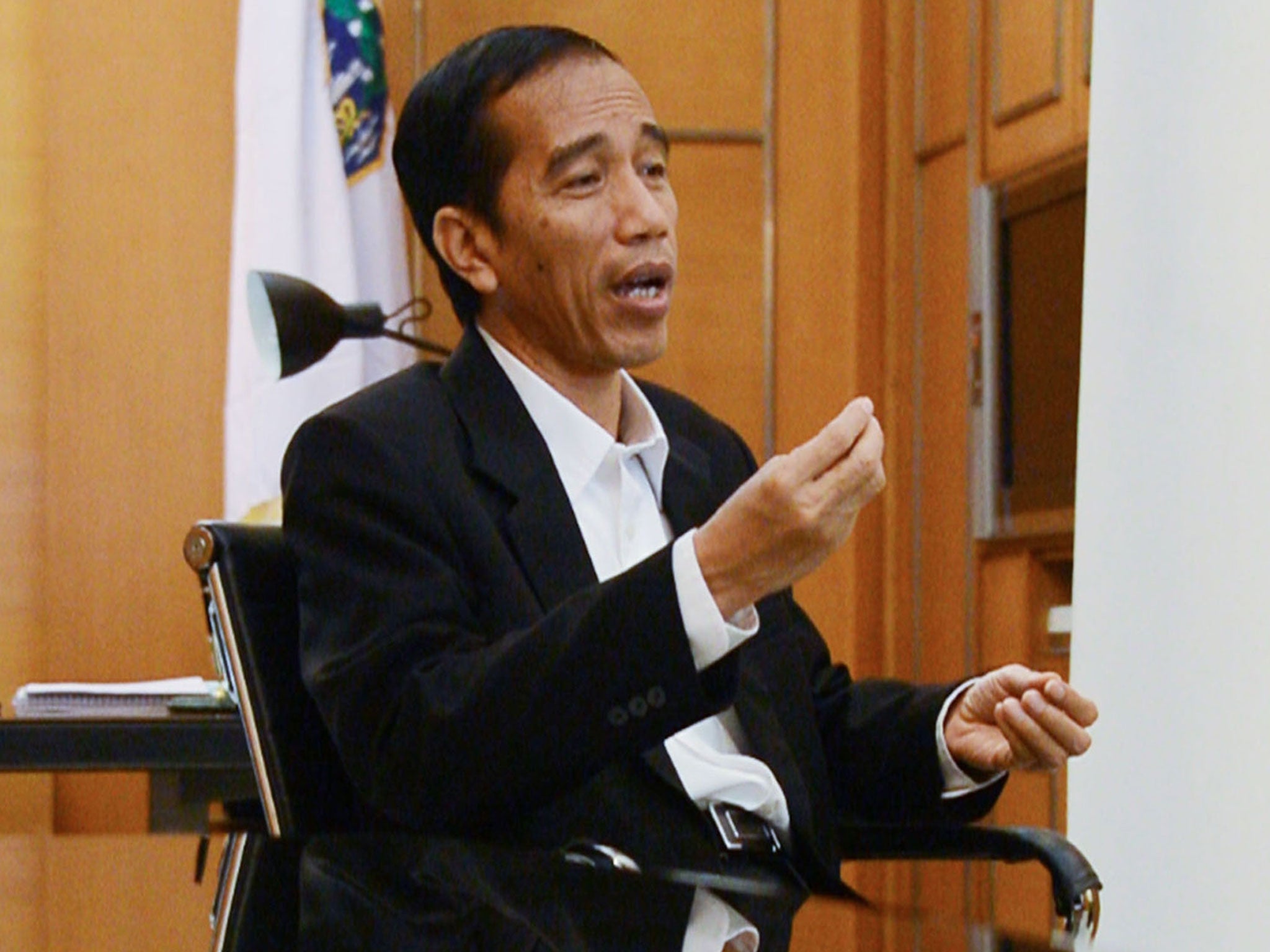Indonesia could pass law that sees paedophiles castrated and microchipped
If the new legislation passes, convicted paedophiles may have microchips implanted into their ankles

Paedophiles in Indonesia could be castrated and microchipped under tough new laws due to be signed within days.
It comes after a 14-year-old schoolgirl was gang-raped and murdered in Sumatra last April.
Seven teenagers, aged 16 and 17, were jailed this week over the assault, while five men have been arrested and are awaiting trial, according to The Nation.
If the new legislation passes, convicted paedophiles may have microchips implanted into their ankles so they can be monitored 24/7 by police.
They could also be forced to undergo chemical castration and serve longer jail terms. The current maximum term for child sex offenders is 15 years if convicted.
Indonesian President Joko Widodo has indicated his support for the law, amid calls from several political lobby groups and the Indonesian public for harsher laws to be put in place for child sex offenders.
"The microchip will be fitted before the criminals are released from prison, and is needed to monitor and locate them after they are freed. The decree could be signed in the coming days," said the head of the National Commission for Child Protection, Asrorun Niam Sholeh, who has been involved in discussions on the new laws.
"Chemical castration and heavier jail terms for child rapists are also among new measures that could be introduced,” he said.
After a string of high-profile attacks last year, the government announced it would begin chemically castrating child sex offenders, but introduction of the punishment was delayed.
President Widodo pledged to issue the new laws as a presidential decree, for which he doesn’t need the approval of the legislature.
There were less than 5,000 reported cases of sexual violence in Indonesia in 2013, according to the United Nations Office on Drugs and Crime.
But the true number is hard to quantify because sexual crimes often go under-reported in the South-Asian country.
Join our commenting forum
Join thought-provoking conversations, follow other Independent readers and see their replies
Comments
Bookmark popover
Removed from bookmarks